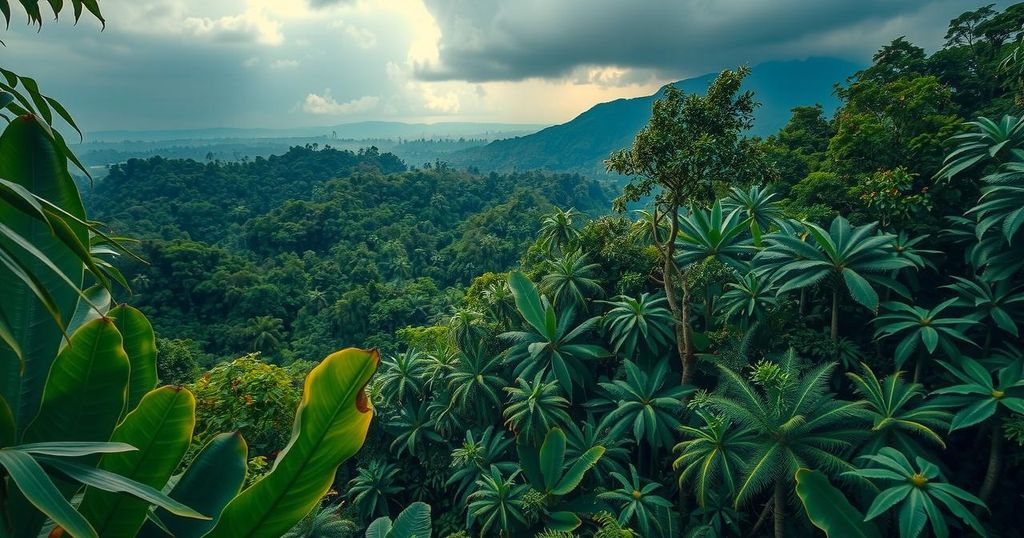Impact of Climate Change on Brazil Nut Tree Suitability in the Amazon

A study predicts that climate change may render up to 94% of Amazonian land unsuitable for the Brazil nut tree by 2100, posing serious threats to biodiversity and local economic dependence on this essential species.
A recent modeling study highlights a concerning potential impact of climate change on the Brazil nut tree in the Amazon region. Predictions indicate that by the year 2100, as much as 94% of the land suitable for this tree could be rendered unsuitable due to various climate change scenarios. This underscores the significant challenges that future climate conditions could pose for both biodiversity and local economies reliant on the Brazil nut.
The Brazil nut tree, an essential species in the Amazon rainforest, plays a pivotal role in the ecosystem and local economy. This tree is not only crucial for biodiversity but also for the livelihoods of many communities that depend on its nuts for income. Given the predictions of climate models, understanding the potential changes in suitability for this tree species is imperative for conservation efforts and economic planning within the region.
In summary, the future of the Brazil nut tree is at substantial risk due to climate change, with projections indicating that nearly all suitable land could be compromised by 2100. This emphasizes the urgent need for conservation strategies to protect both the tree and the communities that rely on it, highlighting the broader implications of climate change on biodiversity and local economies.
Original Source: www.eurekalert.org





